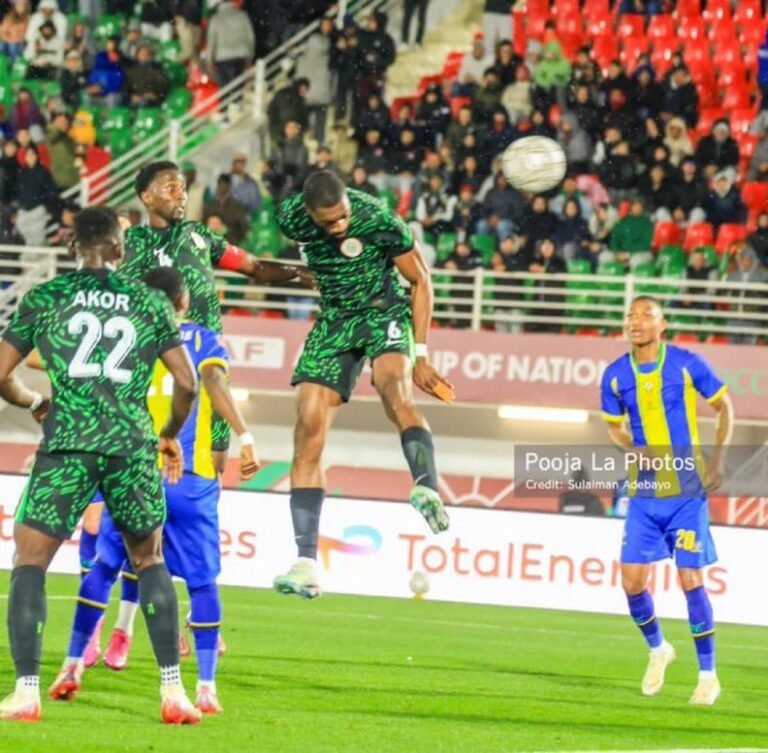North Korean leader Kim Jong-un has agreed to broadcast Premier League matches in the country, but under strict conditions, according to The Guardian. The North Korea Premier League broadcast will follow specific guidelines set by the government.
Strict Conditions
The matches will not be broadcast live, but will be edited before airing.
• Any footage featuring South Korean players will be removed. This includes Kim Ji-soo (Brentford) and Hwang Hee-chan (Wolves).
Also Read:
• Each match will be shortened to 60 minutes instead of the usual 90.
• All English text visible in the stadium during the broadcast will be covered with North Korean graphics during editing.
• Any scenes displaying LGBTQ+ symbols will be edited out.
North Korea’s Stringent Media Laws
North Korea has one of the stringent media laws in the world with heavy censorship on the media.
Law on Rejecting Reactionary Ideology and Culture (2020)
Its aim is “to prevent the in-roads and spread of antisocialist ideology and culture and firmly maintain our idea, spirit and culture.”
It criminalizes various forms of foreign cultural media (especially from “hostile” countries) and the distribution or consumption of such content within North Korea. For example, possession or distribution of South Korean films, TV, songs can lead to severe punishments including “reform through labor” or more.
Radio Wave Control Law / “Radio Wave Management Law” (revised 2023)
Originally introduced in 2006 and previously amended in 2015, the law covers all kinds of electronic communications devices (smartphones, computers, satellite receivers).
It mandates the inspection, registration and certification of devices. Eg: Article 14 says organizations selling TVs/radios must ensure devices are fixed so they can only receive state-approved broadcasts.
It prohibits unauthorized use of foreign wireless networks and satellite communications inside DPRK territory. Eg: using Chinese or South Korean mobile signals near border is outlawed.
Foreign media (films, music, TV dramas, especially from South Korea, USA, Japan) are strictly banned for ordinary citizens. Possession, viewing or sharing can lead to long detention, forced labour or worse.
























